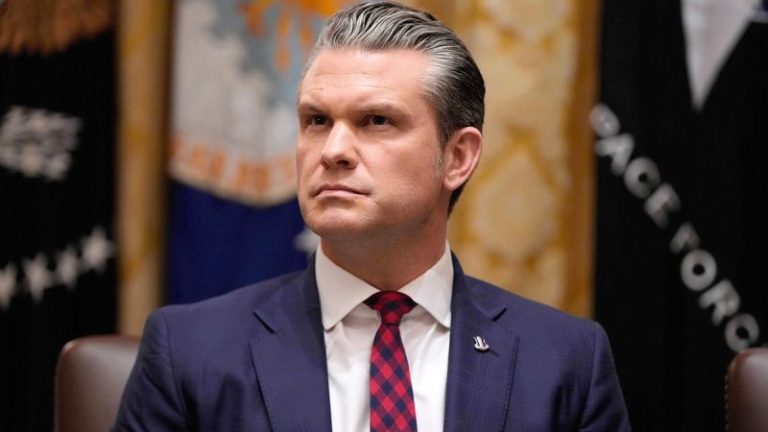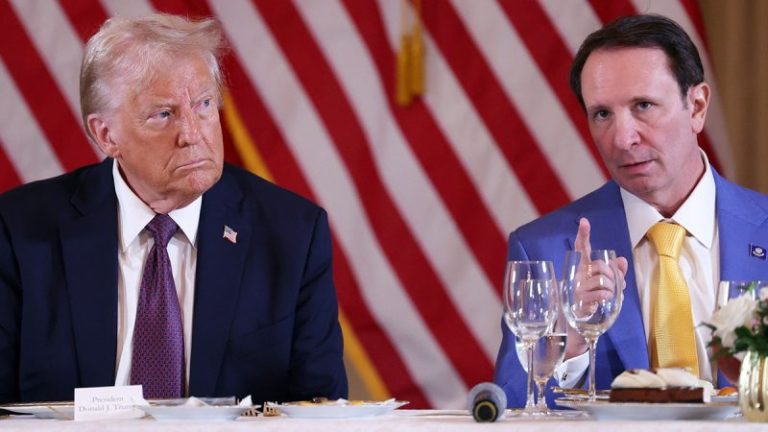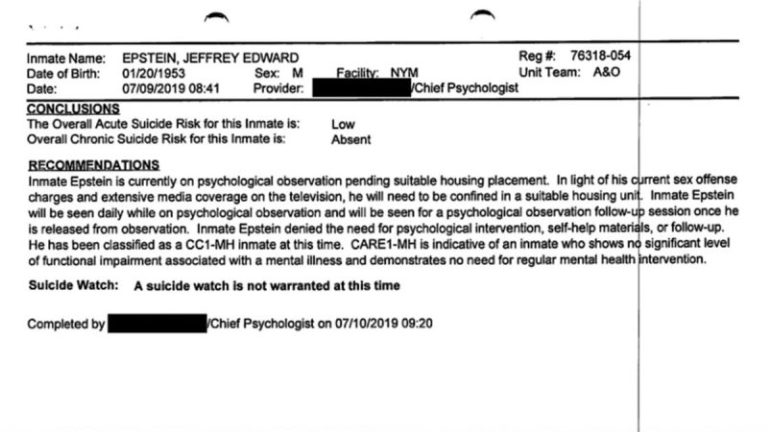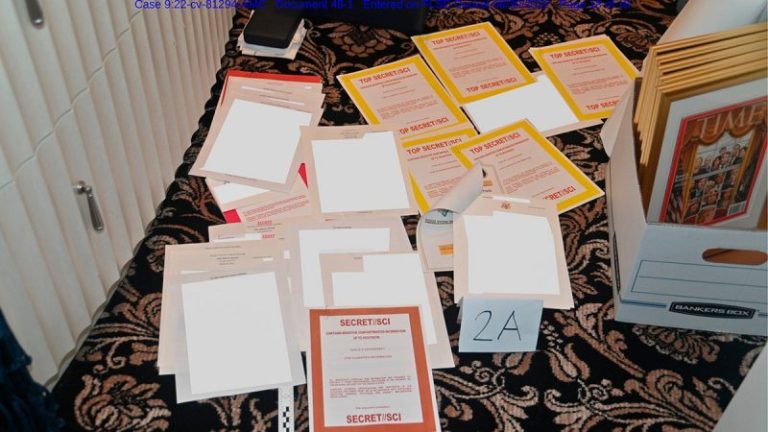The recently launched ‘GenAI’ tool for U.S. service members and Department of War workers is a ‘critical first step’ in the future of warfare, according to a military expert.
This month, the Pentagon announced the launch of GenAI.mil, a military-focused AI platform powered by Google Gemini. Secretary of War Pete Hegseth said the platform is designed to give U.S. military personnel direct access to AI tools to help ‘revolutioniz[e] the way we win.’
On Monday, the Department of War also announced that the Pentagon is further integrating Elon Musk’s xAI Grok family of models into the GenAI platform, allowing employees to use xAI safely on secure government systems for routine work, including tasks involving sensitive but unclassified information.
In an interview with Fox News Digital, Emelia Probasco, a Navy veteran, former Pentagon official and senior fellow at Georgetown University’s Center for Security and Emerging Technology, explained that the tool will help train Department of War service members and civilians on the use of artificial intelligence in their everyday workflow, preparing them for further integration of AI in military matters.
Probasco said the tool will have a ‘big impact’ on the everyday functioning of the Department of War.
‘Prior to the rollout of this new website and having Gemini 3 available to the force, folks were either using sort of a tool that wasn’t as capable … or even worse, they were sort of going to their home computers and trying to do various things on their home computers, which they’re not supposed to do, but it was probably happening,’ Probasco explained. ‘Now they’ve got a more secure environment where they can experiment with these tools and really start to learn what they’re good for and what they’re not good for.’
While Probasco said she does not believe the tools, such as the GenAI platform, ‘fully changes war,’ she thinks ‘it’s the critical first step in training so that we know how to use it well.’
She said that the Department of War has ‘made it very clear in the past year that they want to forge ahead and be innovative and try new things and adopt AI.’
The GenAI tool, Probasco said, gives the department a type of sandbox to experiment with for still bigger innovations to come.
‘There are responsible people in the department who are trying to figure out what is the best use of this tool. Let’s try lots of experiments in sort of sandboxes or in safe places so that when a conflict comes, we are ready and ahead, frankly, of any adversary who has started to play with the tools,’ she explained.
Probasco said the Department of War understands that adversaries such as China are also developing and experimenting with artificial intelligence. Indeed, this month, President Donald Trump announced he would be partially reversing a Biden-era restriction on high-end chip exports, permitting Nvidia to export its artificial-intelligence chips to China and other countries.
The H200 chips are high-performance processors made by Nvidia that help run artificial intelligence programs, like chatbots, machine learning and data-center tasks.
Lawmakers on Capitol Hill voiced that they are split over the decision, with some seeing the move as a dangerous concession and others as strategic.
Either way, Probasco said ‘we have lots of evidence’ that China ‘is doing rapid experimentation [with AI] across all domains of warfare.’
‘And it’s not, can I use a chatbot, but rather, ‘Can I gather up lots of information to start to target individuals for espionage?’ For example, [and], ‘Can I use data to create more sophisticated cyber-attacks?’’ she explained.
‘There is this sort of dynamic of a race between the two sides trying to figure out how to adopt it,’ she explained.
Though important, Probasco said the GenAI tool is ‘not going to necessarily be the weapon system that gains [the U.S.] an advantage.’
She assured the AI tool that will truly give the U.S. a military advantage ‘is underway,’ but said ‘that’s not the sort of thing you just roll out for every service member to use.’
‘It’s important to remember that using a chatbot to help you think through certain problems or do talking points is not what’s going to win the war. There are much more sophisticated military systems that use generative AI; they use other kinds of what’s called ‘good old-fashioned AI.’ There are lots of other techniques that militaries need to use,’ she said.
‘Those are already in the works, and they’ve been in the works for years,’ Probasco explained, adding, ‘That’s not going to be rolled out in a big public announcement where everybody can play with it.’










